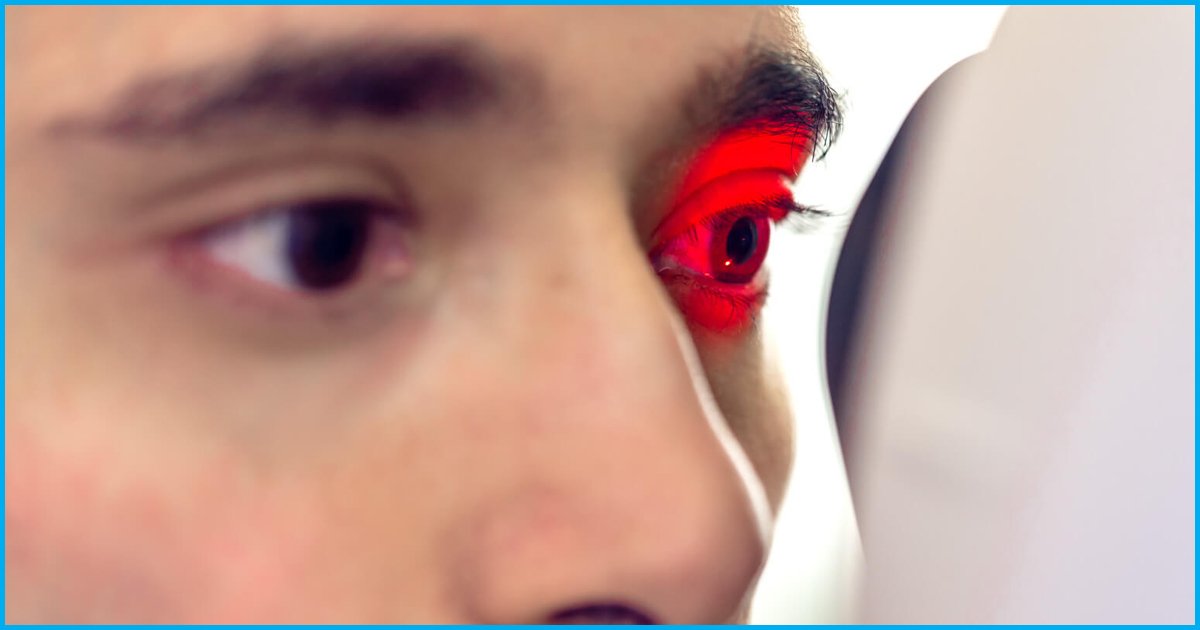
Google Researchers Develops New Software Which Can Predict Heart Disease By Reading At Eyes
Predicting the risk of heart diseases by reading your eyes may sound weird. But researchers at Google have developed a new Artificial Intelligence which can predict heart disease by looking at one’s eyes, reported Washington Post. The new AI will predict the risk of heart disease by scanning retinas. Scientists have used a machine learning to analyse a medical dataset of nearly 30,000 patients. Nature Biomedical Engineering has published the study.
“Using deep learning algorithms trained on data from 284,335 patients, we were able to predict cardiovascular risk factors from retinal images with surprisingly high accuracy for patients from two independent datasets of 12,026 and 999 patients,” Lily Peng from the Google brain team wrote in a blog post.
“Our approach uses deep learning to draw connections between changes in the human anatomy and disease, akin to how doctors learn to associate signs and symptoms with the diagnosis of a new disease,” Peng added.
How does it work?
The new algorithm does not require existing tests for tracing heart diseases such as blood tests. It makes use of machine learning by analysing the back of a patient’s eye. The new software will analyse the data such as an individual’s age, blood pressure, and whether they smoke or not. This test can predict the risk of suffering a major cardiac disease such as heart attack.
As it does not require a blood test, the algorithm makes it quicker and easier for doctors to analyse a patient’s cardiovascular risk. The researchers said that the method is needed to be tested more thoroughly before it can be used for clinical testing.
Expert’s Opinion
Luke Oakden-Rayner, a medical researcher at The University of Adelaide who is specialised in machine learning analysis told The Verge that the work was solid and it could help to improve the existing diagnostic tools.
“They’re taking data that’s been captured for one clinical reason and getting more out of it than we currently do. Rather than replacing doctors, it’s trying to extend what we can actually do,” he said.
Alun Hughes, professor of Cardiovascular Physiology and Pharmacology at University College, London (UCL) said that the Google’s new invention was credible. He added that the artificial intelligence was effective and had the potential to speed up the existing forms of medical analysis. Hughes also pointed out that the algorithm needs to be tested before it could be trusted.
 All section
All section













